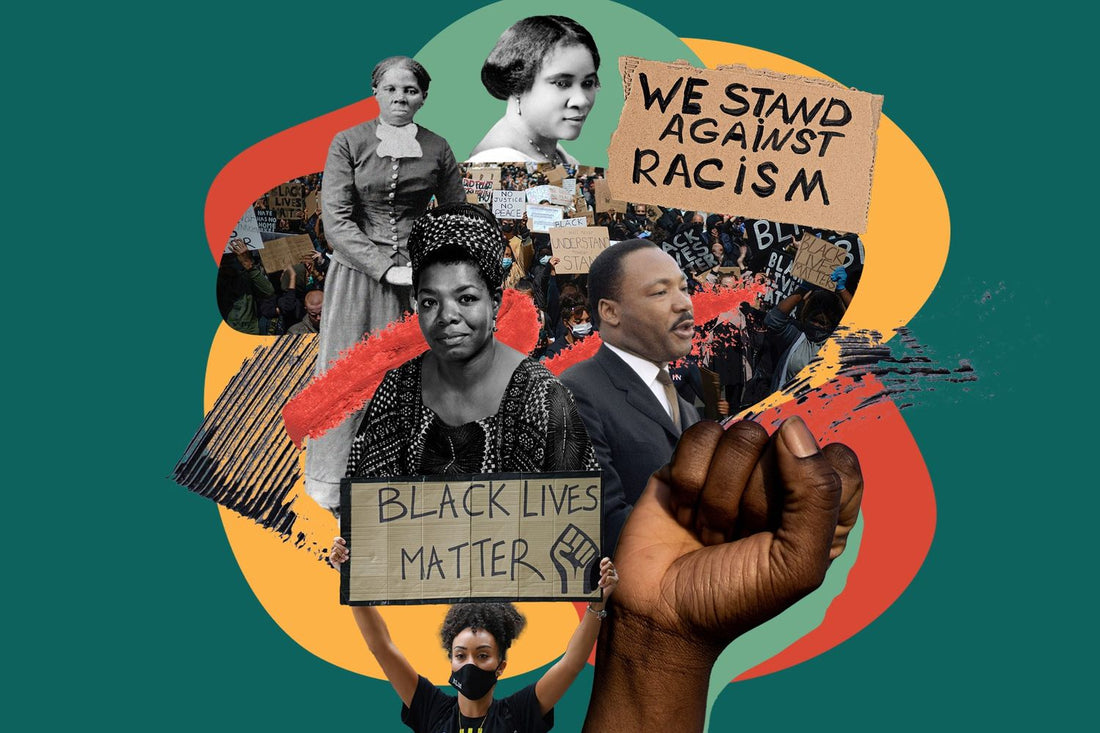Black professionals have played a crucial role in shaping modern health and safety regulations. From medical pioneers to workplace safety advocates, their contributions have improved healthcare, labor rights, and public health policies. As we celebrate Black History Month, it's essential to recognize and honor these leaders who have paved the way for a safer, healthier future for all.
Pioneers in Public Health & Safety
The impact of Black professionals in public health cannot be overstated. Dr. Rebecca Lee Crumpler, the first Black female physician in the United States, dedicated her life to providing medical care to underserved communities. Similarly, Dr. David Satcher, a former U.S. Surgeon General, championed health equity and safety policies that addressed systemic disparities in healthcare. Their work has set the foundation for progress in medicine, public health, and workplace safety.
Workplace Safety & the Black Community
For decades, Black workers have been overrepresented in high-risk industries like construction, manufacturing, and agriculture. Historically, these jobs lacked proper safety measures, exposing workers to hazardous conditions. The resilience and activism of Black laborers have led to stronger labor rights and the establishment of the Occupational Safety and Health Administration (OSHA), ensuring workplace protections for all. However, the fight for workplace equity and fair wages continues.
HBCUs & Their Impact on STEM
Historically Black Colleges and Universities (HBCUs) have been instrumental in producing leaders in science, medicine, and public health. Institutions like Howard University, Morehouse College, and Meharry Medical College have trained generations of Black scientists, engineers, and healthcare professionals. These institutions continue to break barriers in STEM, fostering innovation and shaping the future of health and safety.
Health Disparities & Food Safety
Food safety is a public health issue, and Black communities often face food deserts, unsafe food practices, and limited access to fresh, nutritious food. This disparity leads to higher rates of diet-related diseases. Advocacy for stronger food safety regulations, increased access to healthy food options, and education on food safety practices is critical in achieving health equity.
Mental Health & Safety in Black Communities
Mental health in Black communities has long been overlooked. Workplace stress, unsafe job conditions, and limited access to mental health resources take a significant toll. It is essential to push for increased mental health awareness, workplace wellness programs, and policies that support Black workers' overall well-being. Checking in on mental health is just as important as physical safety.
Conclusion
The contributions of Black leaders in public health and safety have transformed healthcare, workplace standards, and overall community well-being. As we honor their legacy, let’s continue advocating for equity in medicine, labor rights, food safety, and mental health. Black History Month is a time to reflect on past achievements and push for a safer, healthier future for all.





